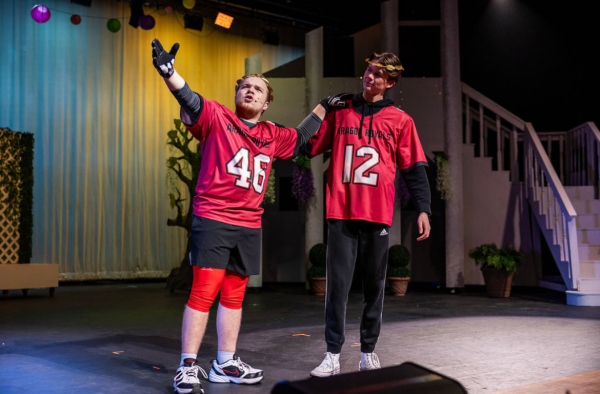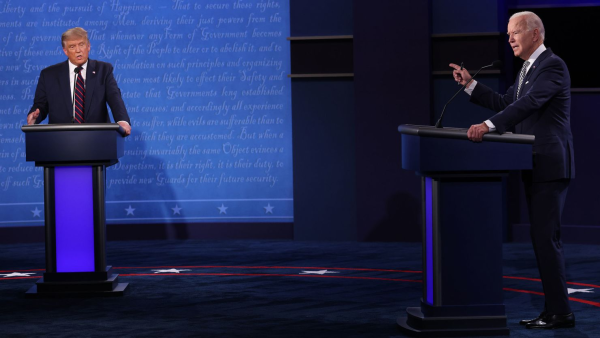Mandela Effect
The Mandela effect defines a peculiar scenario in which a large group of people all claim to remember an event or detail in a different way than what is reflected in reality. With the rising popularity of conspiracy theories, this idea has become widespread and fascinating to many people in a short amount of time.
The term was originally coined in 2009 by Fiona Broome, a woman who detailed how she remembered Nelson Mandela, the former president of South Africa, dying in prison in the 1980s. This situation was very strange from the start as it never actually occurred and Mandela lived up until 2013. She remembered uncanny details of the incident and shared her story on social media. Immediately, she was met with the avid support of thousands who agreed with her and remembered this event as well.
There are two primary, conflicting hypotheses that seek to explain the logic behind this effect. In general, the majority of psychologists and scientists who study memory argue that the existence of this effect is simply an issue of false memory. They argue that the process of confabulation (in which fabricated memories are encoded and subsequently treated as facts) is at play here. They claim people who misremember something can convince others who fail to take note of small details in pop culture and are easily swayed by their insistence.
Perhaps more interestingly, others claim that this effect is definitive proof of the existence of alternate universes. Proponents of this theory argue that we can shift into these alternate worlds seamlessly but that this crossover results in large groups of people remembering details from the past reality while others simply lose their memories of the other universe.
Since the advent of this theory, many people have applied it to other inconsistencies as well. One example stems from the children’s book series “Berenstain Bears” which many falsely remember as “Berenstein Bears”. Additionally, there is a widespread belief that the iconic Star Wars quote is “Luke, I am your father” rather than the movie’s original line “No, I am your father”.
Lastly is the Fruit of the Loom logo which many claim used to feature a cornucopia containing fruits. In retrospect, there is no such cornucopia to speak of. Although the brand denies ever featuring this prominent cornucopia in their design, it is odd that many people would subscribe to the exact same incorrect idea. Whether this is simply a fluke or actual proof that we are constantly shifting into alternate paths and weaving out of universes, people will keep hypothesizing when they are confronted with something they don’t understand.
Your donation will help support The Lambert Post, Lambert High Schools student-run newspaper! Your contribution will allow us to purchase equipment and cover website hosting costs.















